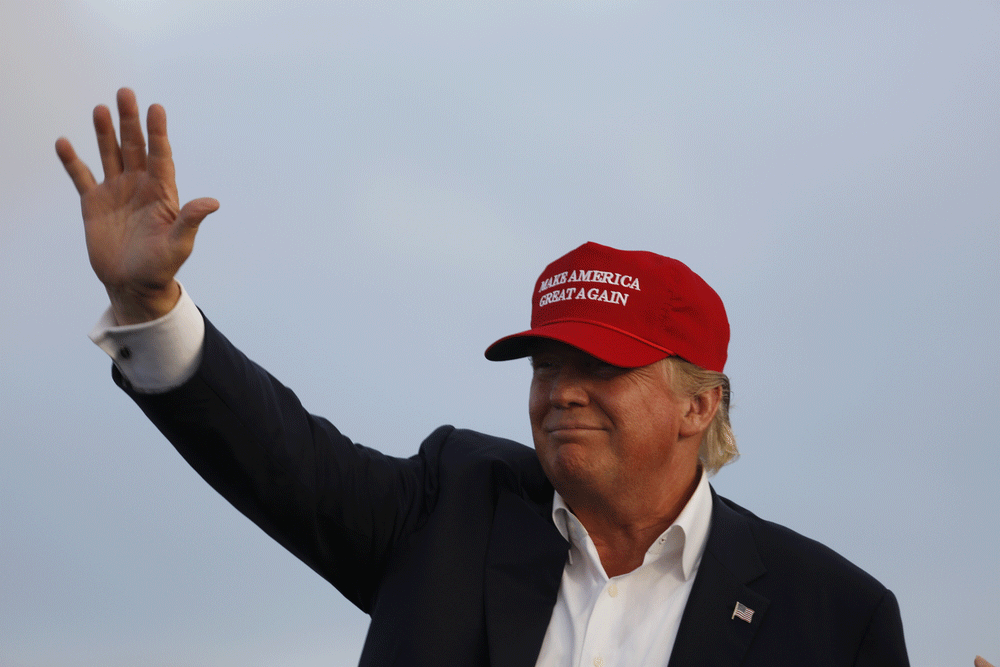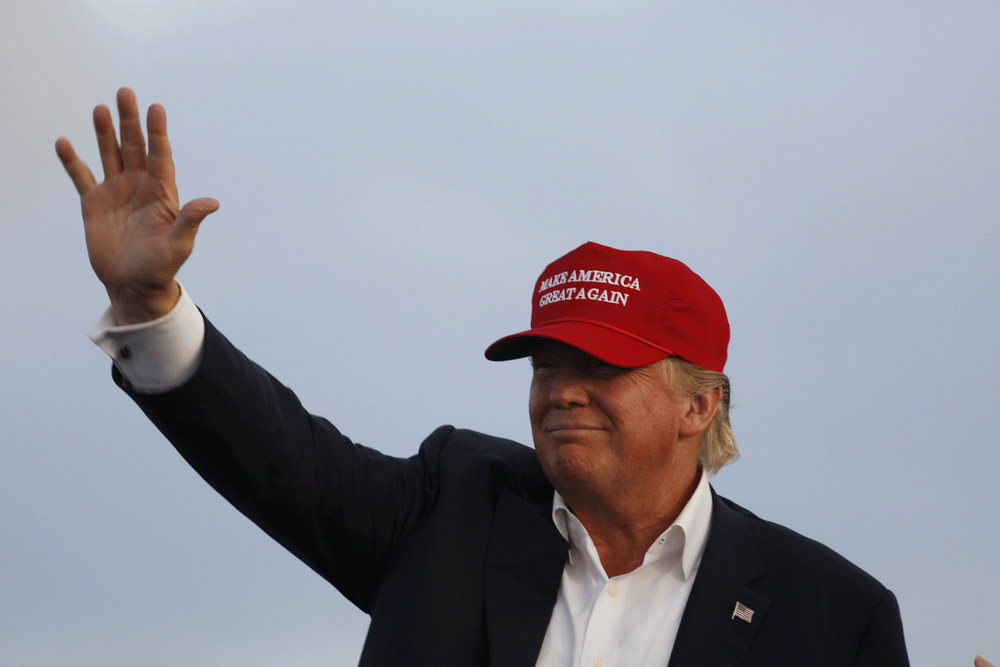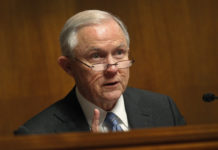An important but oft-overlooked facet of the Trump campaign involves his plans for dealing with a nationwide drug epidemic that claims roughly 47,000 lives a year.
Through his recent speeches to states hit hard by drug abuse, the incoming Trump administration appears to be developing a strategy that relies heavily on law and order and anti-abuse drugs, while de-emphasizing federally-supported rehabilitation.
First and foremost, Trump has made clear he intends to shift the government’s role in battling drug addiction to one of aggressive police action. The Drug Enforcement Administration estimates that 79 percent of the heroin in the U.S. comes from Mexico, and Trump intends to lower that number via an increased security presence and massive wall separating the U.S. and Mexico.
In a November 2015 speech to Saint Anselm College, Trump said he would fight the heroin epidemic by shifting rehabilitation facilities to the local level and “clos[ing] up the borders. You gotta close up the borders. The drugs are pouring in.”
This increased focus on tightening the U.S.-Mexico border will be coupled with a crackdown on so-called “sanctuary cities” in the U.S. that are known for being more lenient towards undocumented immigrants.
In an October 15 rally in Portsmouth, New Hampshire, an area of the country that has been particularly hard hit by opioid abuse, Trump remarked: “We have to dismantle the illegal immigrant cartel and violent gangs. We have to swiftly send them back to their country … we will aggressively prosecute traffickers of illegal drugs, and provide law enforcement and prosecutors with the resources and support they need to properly do their jobs.”
While Trump himself lacks an executive record concerning drug offender incarceration, Vice President-elect Mike Pence pushed for long mandatory sentences while governor of Indiana, a position which Trump has applauded. Trump has also viciously attacked the previous administration’s attitude towards drug offenders, saying they have been far too lenient on drug traffickers.
Trump has also cited a plan to close shipping loopholes from countries like China. While it has not been conclusively proven, imports from China have been linked to the sudden appearance of uniquely powerful synthetic opioids in the Midwest, notably the fentanyl analog carfentanil.
President-elect Trump’s plans for prosecuting drug offenders and shutting off supply have been a much bigger centerpiece than his plans for treating existing addicts. Trump has acknowledged the necessity of treatment programs but has not expressed interest in expanding their federal funding, saying only he supports the continuation of the Obama administration’s 2016 Comprehensive Addiction and Recovery Act (CARA).
However, in the view of Democrats, CARA was a flawed compromise that fell short of allotting enough money to treat addiction.
A statement the Obama White House gave concerning CARA was contrite, noting it provided only “modest” support for addicts while denying a proposed “$920 million in treatment funding.”
With a Trump presidency and Republican majorities of both houses, it is highly unlikely that extra $920 million earmarked for recovery will be approved anytime soon.
A lifelong teetotaler, Trump has also continually touted a strategy of encouraging total drug avoidance. In an ABC interview with George Stephanopoulos, Trump explained his personal philosophy. “I’ve seen so many people over the years where they became alcoholics, and they were so tremendous in every respect. And they became alcoholics, or they started taking drugs, and became addicted(…)
“I’ve never drank, I’ve never smoked, I’ve never taken drugs. I don’t understand why they do it. And the way you don’t understand it is if you don’t do it. That’s why I always told my kids, ‘Don’t drink, don’t smoke.’”
In that regard, Trump’s attitude towards preventing drug abuse closely mirrors the Reagan-era approach of “Just Say No” education and abstinence.
In combating the existing opioid drug overdose epidemic, Trump has touted the use of opioid blockers like naloxone (brand name Narcan), and has criticized the federal government for spending too much time trial testing anti-abuse drugs.
“We should not compound (the tragedy of addiction) with government policies and bureaucratic rules that they need to get the help they so desperately need. The Food and Drug Administration has been far too slow to… (continue reading)

















